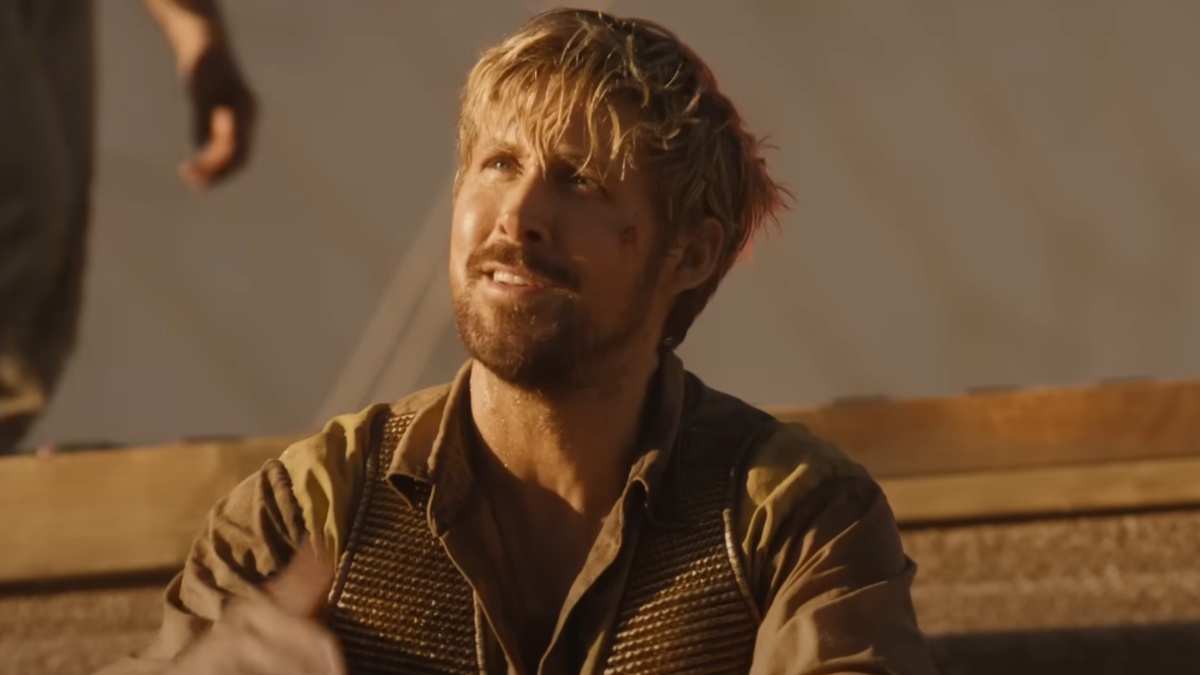World Cyber Games is all about the games, yes, but as the league’s slogan indicates, the tournament also tries to go “Beyond the Game.” Nowhere is this more evident than on the show floor itself.
Amidst the vendor booths, game demonstration areas and other “side ring” attractions, is a small cluster of Xbox 360 machines devoted to use by WCG’s resident game pro, Matthew “Zyos” Leto.
Matthew is 22 years-old, and, like many of us, has been playing games since he was five, and a relative bought him a Nintendo Entertainment System. He says he started out playing Super Mario Bros., he says, but his professional career began soon after he found Halo.
Zyos says he loved Halo and soon became so good at the game that he decided to enter a tournament – he finished 2nd out of 300 contestants. He’s been playing in tournaments ever since, and for the past two years that’s been his full time job, earning him “about $120,000 a year,” he says. Most of that comes from prize purses, but some comes in the form of endorsements and from events like this year’s WCG National Championships in Vegas, where he’s holding Halo2 Clinics, showing other gamers how to improve their skills.
“If you get caught here,” he says, indicating a certain area on Halo2‘s “Midship” map, “you’re dead. You have to keep moving.”
He runs his group of students through a brief tutorial, showing them the best places to find cover, the best weapons to use and which areas of the map to dominate in order to earn the win. Then he lets them loose in a brief tournament to see who’s absorbed his wisdom: Two matches of 4-on-4 Free-for-All, with the top four players taking home the prizes and adoration of their fans.
I sat down for one of these clinics on Saturday, hoping to show some of these young kids how we in the “over 30” age-bracket play Halo2. And show them I did, to the complete lack of amazement of everyone in sight.
I paid close attention (for the second time) to the Zyos’s instruction, then sat down to sign in and promptly crashed my Xbox 360. Zyos, with a grimace, showed me how to start the game (to my credit, I’d never played a lan game), and we were off.
After only a few minutes it was clear that I’d never be a pro gamer. The top two players in my four-man mini-tournament quickly rose to the top with double-digit kill totals, leaving me and a 12-year-old kid to battle it out over who would take the ultimately meaningless third-place.
He won. But I had fun, and the 30-something father of the young boy waiting to grab my place at the table was kind enough to console me, thinking perhaps “There, too, but for the grace …”
Through it all, Zyos remained calm, cool and in-control, which in itself is impressive. There are many who can play games well, but few who are capable of transferring that knowledge to others. Yet in spite of his high-dollar Halo skills, he’s decided to move on and now competes at Project Gotham Racing, saying that Halo2‘s more team-oriented play turned him off on the game.
“I have to rely on myself,” he said, suggesting that in a team-based game, his teammates were often a burden. “Most of the guys I was on teams with were college students or doing this part-time at best. I have to win.”
He admitted that switching to a completely new game was a challenge (he washed out of WCG’s PGR competition earlier in the summer), but is determined to regain his stature.
“I have to climb the ladder all over again,” he said. “Those guys are good, and you can’t make a single mistake. But I’m going to stick with it.”
He’s played with other leagues, besides WCG, but calls himself a “former player” of Major League Gaming, one of WCG’s sister leagues. When I asked him why he said “former,” he said he didn’t want to go into it, but indicated that it was over a contract dispute. “They wanted certain rights that I thought the players should get paid for,” he said, declining to go into further detail.
It’s unknown when the next professional PGR match will be, and when he’ll get his next chance to prove his worth. “I’ll just have to wait and see,” he says.
And so will we.




Published: Sep 18, 2006 08:10 am